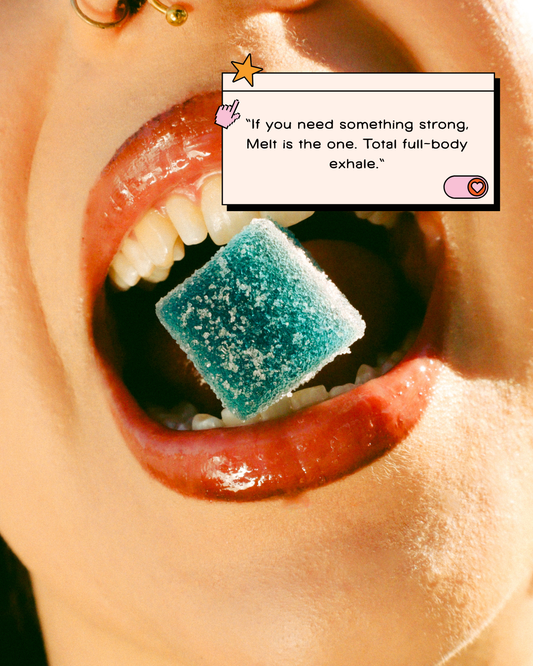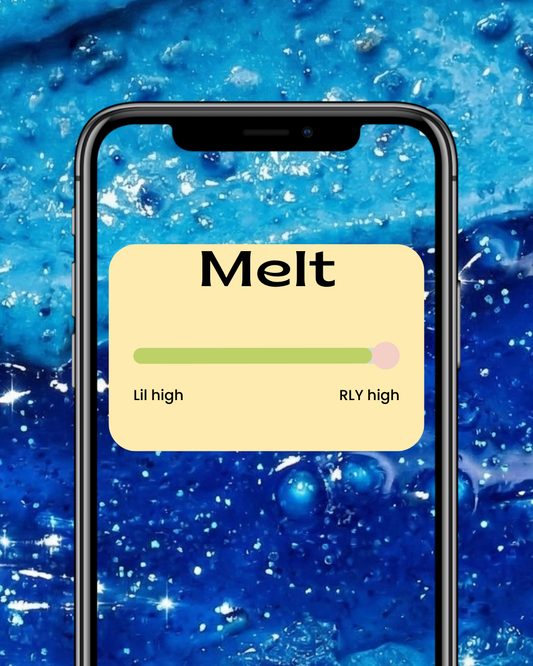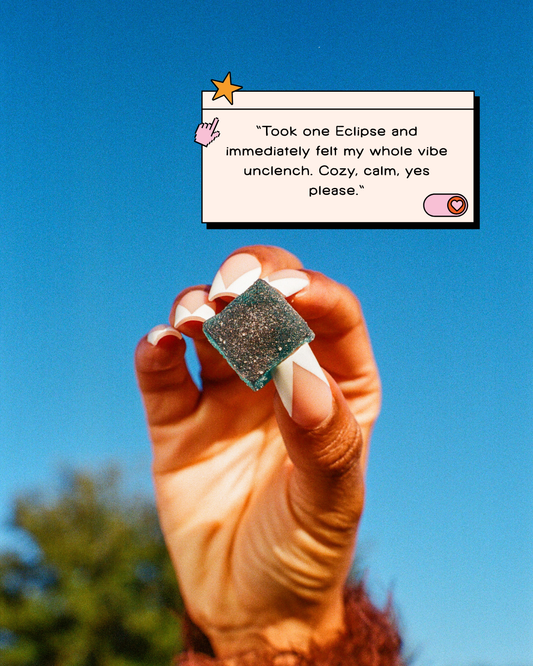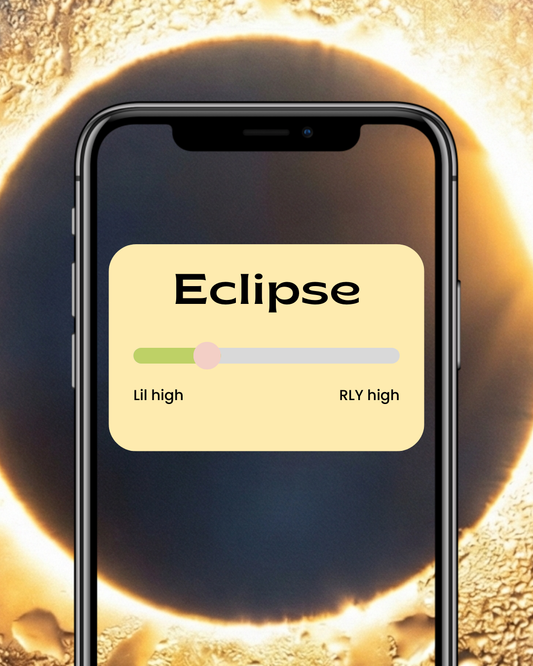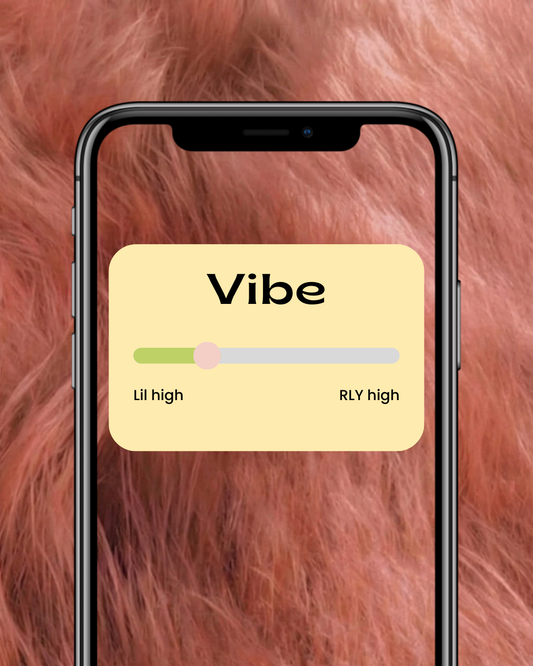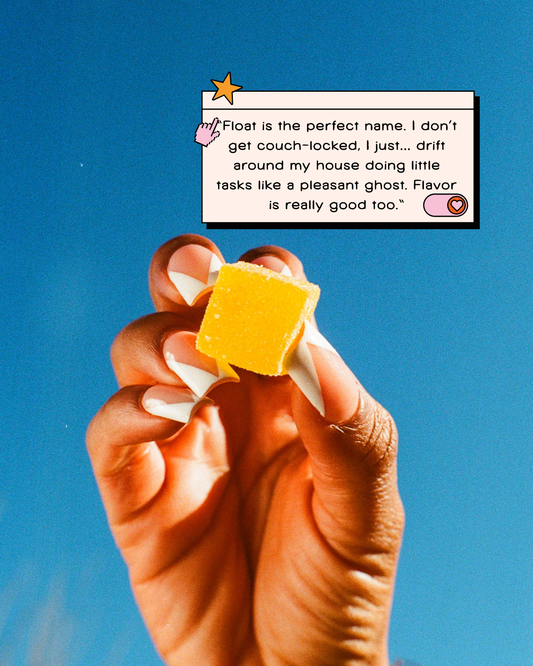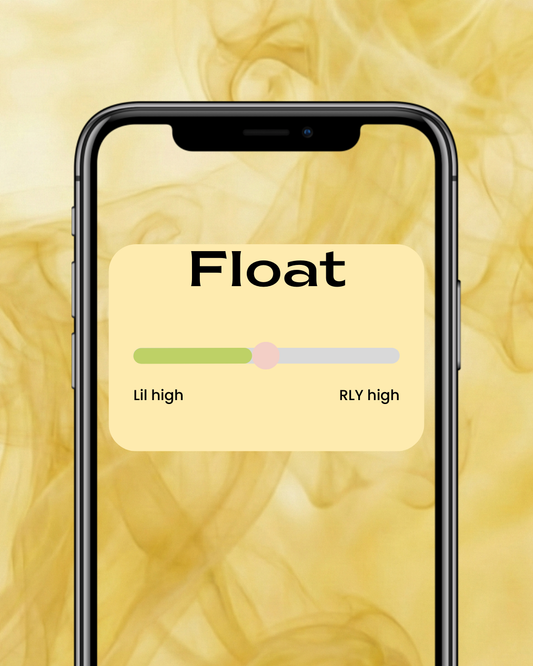Delta 8 and THCA have surged in popularity as legal alternatives to traditional cannabis, but many states are moving to ban or heavily regulate them. Why? The answer lies in legal loopholes, changing regulations, and the evolving cannabis market. Let’s break it down.
1. Understanding Delta 8 and THCA: Why Are They Controversial?
Delta 8 THC and THCA are hemp-derived cannabinoids that exist in a legal gray area.
🌿 Delta 8 THC – A milder alternative to Delta 9 THC, but often extracted synthetically from CBD, which raises regulatory concerns.
🌿 THCA (Tetrahydrocannabinolic Acid) – The raw, non-psychoactive form of THC, but turns into THC when heated (e.g., smoked or vaped).
👉 Key Issue: Both cannabinoids can mimic the effects of Delta 9 THC, leading some states to crack down on unregulated sales.
2. The Legal Loophole: The 2018 Farm Bill & Hemp-Derived THC
The 2018 Farm Bill federally legalized hemp and hemp-derived cannabinoids, including Delta 8 and THCA—under one condition:
✅ Hemp products must contain less than 0.3% Delta 9 THC by dry weight.
✅ THCA itself is not counted in THC testing until it is decarboxylated (heated).
✅ Delta 8 is not explicitly banned, but its synthetic extraction method has raised concerns.
👉 Key Takeaway: This loophole allows hemp-derived Delta 8 and THCA products to be sold legally in some states but remains a hot topic for regulators.
3. Why Are Some States Banning Delta 8 and THCA?
Several states argue that hemp-derived THC products are too similar to cannabis and lack proper regulation. Here’s why they’re pushing bans:
⚖️ Concerns Over Unregulated Sales – Unlike dispensary cannabis, Delta 8 and THCA products don’t always require lab testing.
⚖️ Mimicking Delta 9 Effects – Some lawmakers claim hemp THC creates a legal loophole for recreational use in non-legal states.
⚖️ Synthetic Processing of Delta 8 – Delta 8 is often made through chemical conversion from CBD, raising purity and safety concerns.
⚖️ Tax & Revenue Issues – States with legal cannabis markets don’t want unregulated hemp-derived products competing without taxation.
👉 Key Takeaway: States with legal cannabis programs are more likely to restrict Delta 8 and THCA to protect tax revenue and market stability.
4. Which States Have Banned or Restricted Delta 8 & THCA?
As of 2025, some states fully ban or highly restrict these cannabinoids.
🚫 States That Have Banned Delta 8 & THCA:
-
Colorado (even though recreational cannabis is legal)
-
New York (restricted sales outside of dispensaries)
-
California (strict regulations on hemp-derived THC)
-
Alaska, Arizona, Arkansas, Idaho, Iowa, Mississippi, Montana, Nebraska, and Rhode Island
⚠️ States With Pending Restrictions:
-
Texas – Lawmakers are considering regulating Delta 8 more strictly.
-
Florida – Potential future restrictions as the cannabis market expands.
👉 Pro Tip: Always check your state’s specific regulations before purchasing Delta 8 or THCA.
5. Will Federal Regulations Change in 2025?
With growing debate over hemp-derived THC, federal agencies may update regulations in the near future:
🔹 FDA & DEA Clarifications – The DEA has already stated that synthetic Delta 8 is federally illegal, but broader hemp laws may change.
🔹 Farm Bill Revisions – The next Farm Bill (2025) could close loopholes allowing unregulated hemp THC sales.
🔹 Rescheduling of Cannabis – If the U.S. reschedules THC from Schedule I, it may impact hemp-derived THC rules.
6. What’s Next for Delta 8 & THCA Products?
As more states introduce restrictions, what does the future hold for these cannabinoids?
🌱 More Lab Testing Requirements – Expect stricter purity testing for hemp-derived THC products.
🌱 Possible Age Restrictions – Some states may enforce 21+ age limits on Delta 8 and THCA sales.
🌱 Dispensary-Only Sales – States with legal cannabis may limit hemp-derived THC sales to licensed dispensaries.
👉 Key Takeaway: Delta 8 and THCA will likely remain available, but with tighter state-by-state restrictions.
Final Thoughts: Should You Be Concerned About Delta 8 & THCA Bans?
Delta 8 and THCA exist in a legal gray area, and more states are moving to regulate or ban these cannabinoids. While some restrictions make sense for quality control, many bans are financially driven to protect state cannabis markets. If you enjoy these products, stay informed on your local laws and support brands that prioritize transparency and lab testing.
✨ Want to stay ahead of cannabis trends? Shop our collection & subscribe for updates!


